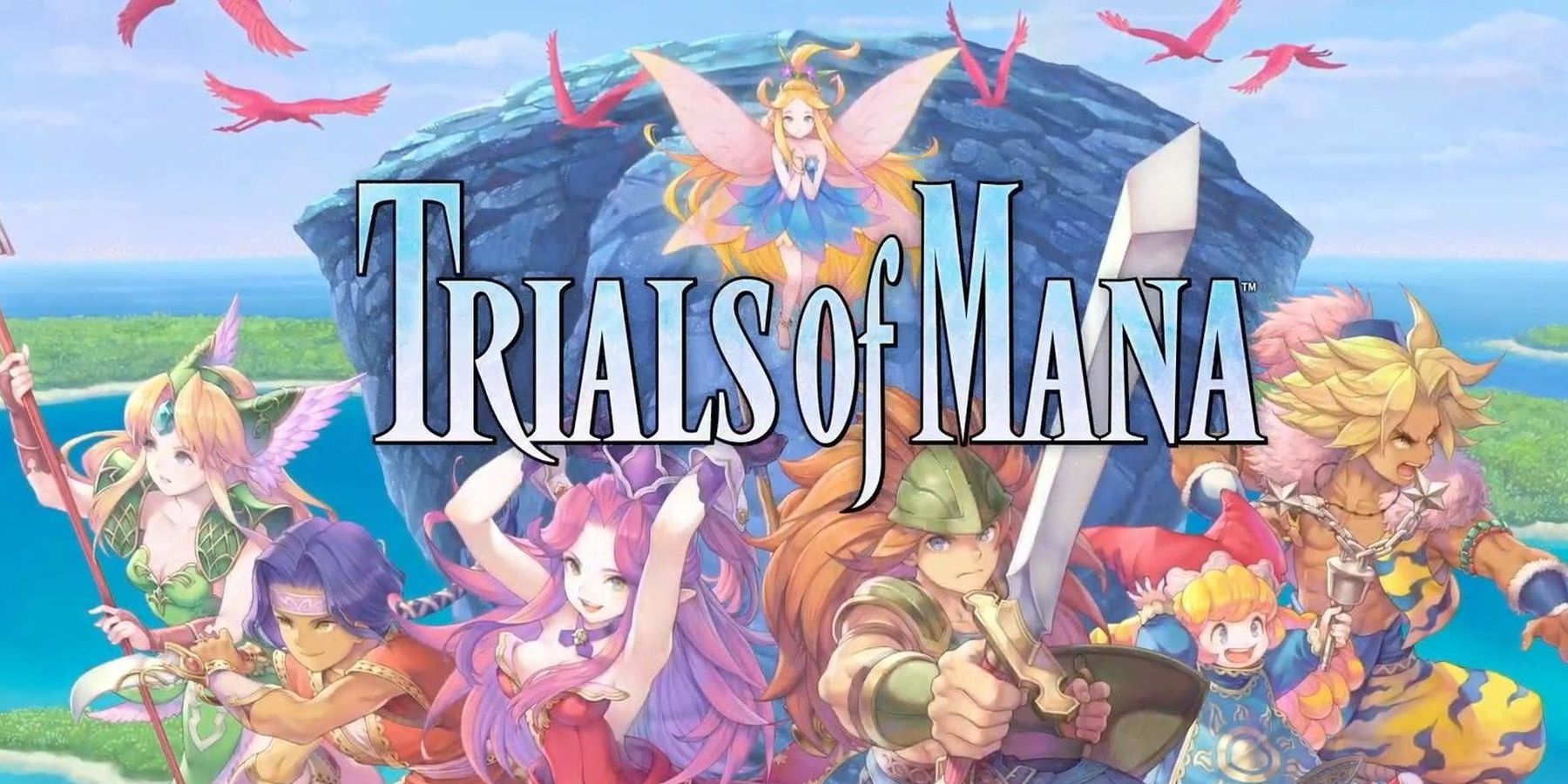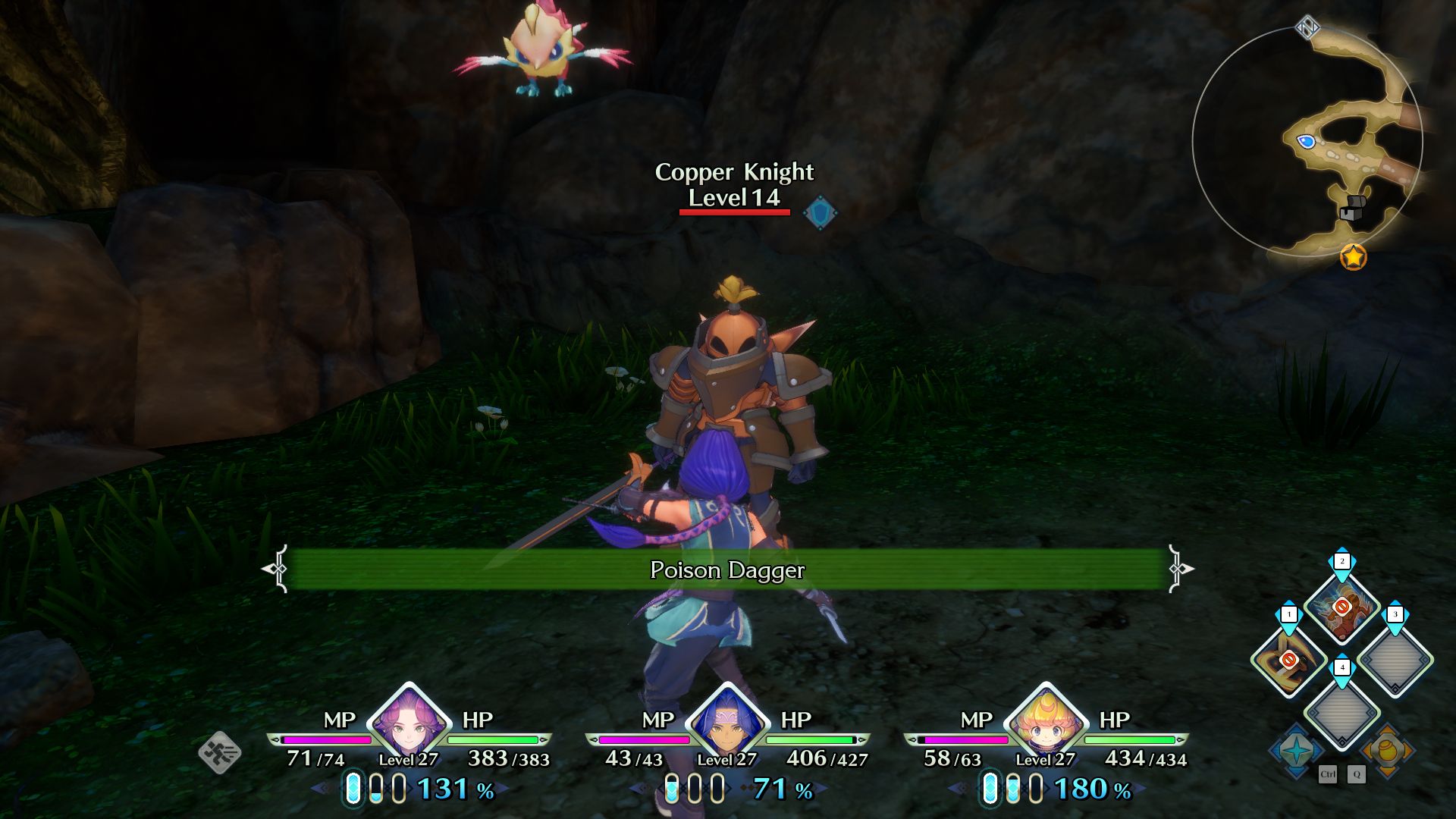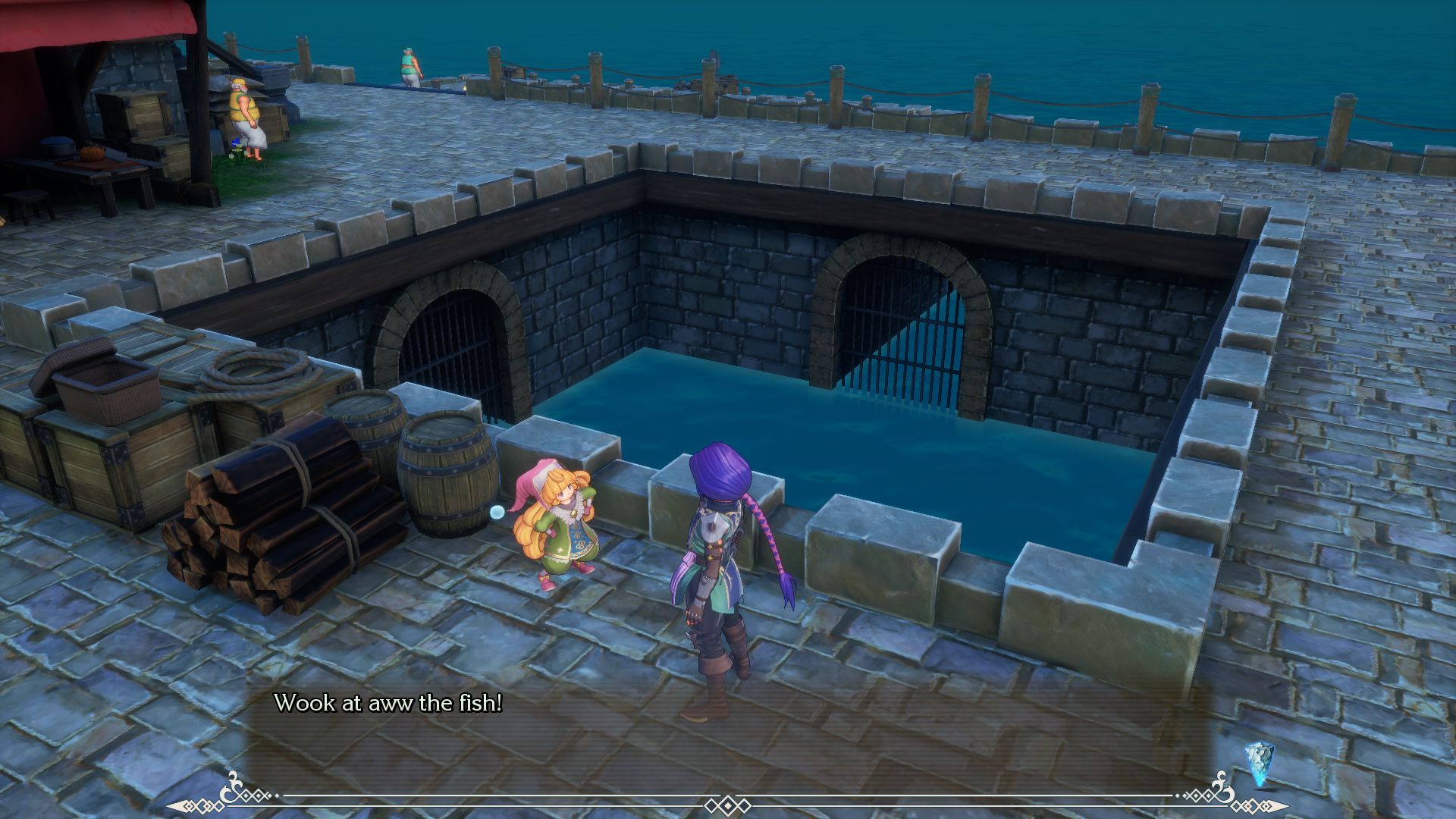Trials of Mana arrived April 24 on PC, Nintendo Switch and PlayStation 4, the latest remake of a classic game in a month full of them. As to be expected, there's more to this remake than just graphic and audio updates -- the entire system has been revamped and edited to polish what worked in the original Seiken Densetsu 3 on the SNES, change what didn't and fix bugs.
Technology and game standards have obviously come a long way since 1995, with certain features and aspects of gaming that were once considered acceptable no longer the standard in today's gaming market. This is hardly the only remake on the market, and not even the only one released by Square Enix this month. Remakes are judge not just by their own merit, but also on how well they built upon their source material while incorporating modern improvements. As with others of its kind, Trials of Mana is less about making a brand-new game and more about improving on the original in every aspect.
Those who played the Secret of Mana remake released in 2018 will be relieved to know that combat has been drastically improved in terms of fluidity and tactical choices, even beyond the improvements that Seiken Densetsu 3 offered. The player assumes direct control of one of the three heroes they choose from the start, with the other two heroes controlled by the A.I. How they act can be influenced on the strategy menu, with customization allowing a player to dictate thresholds of MP and item consumption that they deem acceptable, whether a member should focus entire on offense, defense or mix it up with a leaning to either end, and which enemies to target.
These commands are nowhere as intricate as, say, Final Fantasy XII's renowned Gambit system, but they don't need to be. Computer-controlled characters act competently for the most part, abiding by the strategy outlined by the player's input. If the need arises to issue a direct command (like telling Charlotte to use offensive magic instead of focusing entirely on healing) combat pauses as the player inputs commands and resumes once the order is issued. Spells and attacks are almost seamless in the game's fast-paced combat, which is good as player will find themselves engaged in combat for much of the game.
The remake does offer some improvements over the original in regards to combat, and while the Secret of Mana remake had very delayed hit detection and cumbersome charge attacks, Trials of Mana is precise, fluid and responsive. Spell effects don't pause the action. Agility as an attribute has been scrapped, meaning players must take careful aim with attacks and are rewarded for aiming at a distracted foes back with critical hits. Enemy special attacks show their areas of effect in vivid red outlines, allowing quick players to get out of the way. This makes the combat feel more like a contest of skill rather than just hoping a random number generator is feeling generous.
However, the dialogue and voice-acting leaves something to be desired. While mostly faithful to the original script of Seiken Densetsu 3, few profound or novel statements can be found in the exposition and small-talk characters make among themselves. Charlotte's speech impediment in particular can be endearing in small doses, but will have players immensely grateful for the option to mute character speech entirely.
Players who hoped to see the story about seeking the legendary Sword of Mana to be given more depth and development will be disappointed. Aside from class change choices and some tactical decisions, the story remains linear and faithful to the original with no shocking plot changes or twists that veteran players of the Mana series won't already know by heart.
The townsfolk might occasionally grant new chain abilities or be checkmarks on a list to progress the plot, but otherwise don't add a lot of insight or depth to the story. Citizens suffering from an invasion might comment on their current situation, but don't have anything resembling the emotional impact found during the aftermath of Final Fantasy VII's first reactor bombing, for example. Nor do the characters themselves seem to offer any new emotional depths or twists -- Charlotte's ability as a healer can be beneficial for parties, but her child-like observations and attitudes aren't exactly the stuff of epics.
Overall, players who want a polished action-RPG with a story that doesn't try to be too overly dramatic won't be disappointed. For those who enjoyed Seiken Densetsu 3's combat, Trials of Mana offers a polished, refined experience that values player input and reflexes over rapid button mashing and random numbers. Trials of Mana doesn't try to do anything new or profound, and it doesn't need to. For all of its flaws, it's still a great game that harkens back to simpler times of RPGs by building on what worked and removing what didn't.



